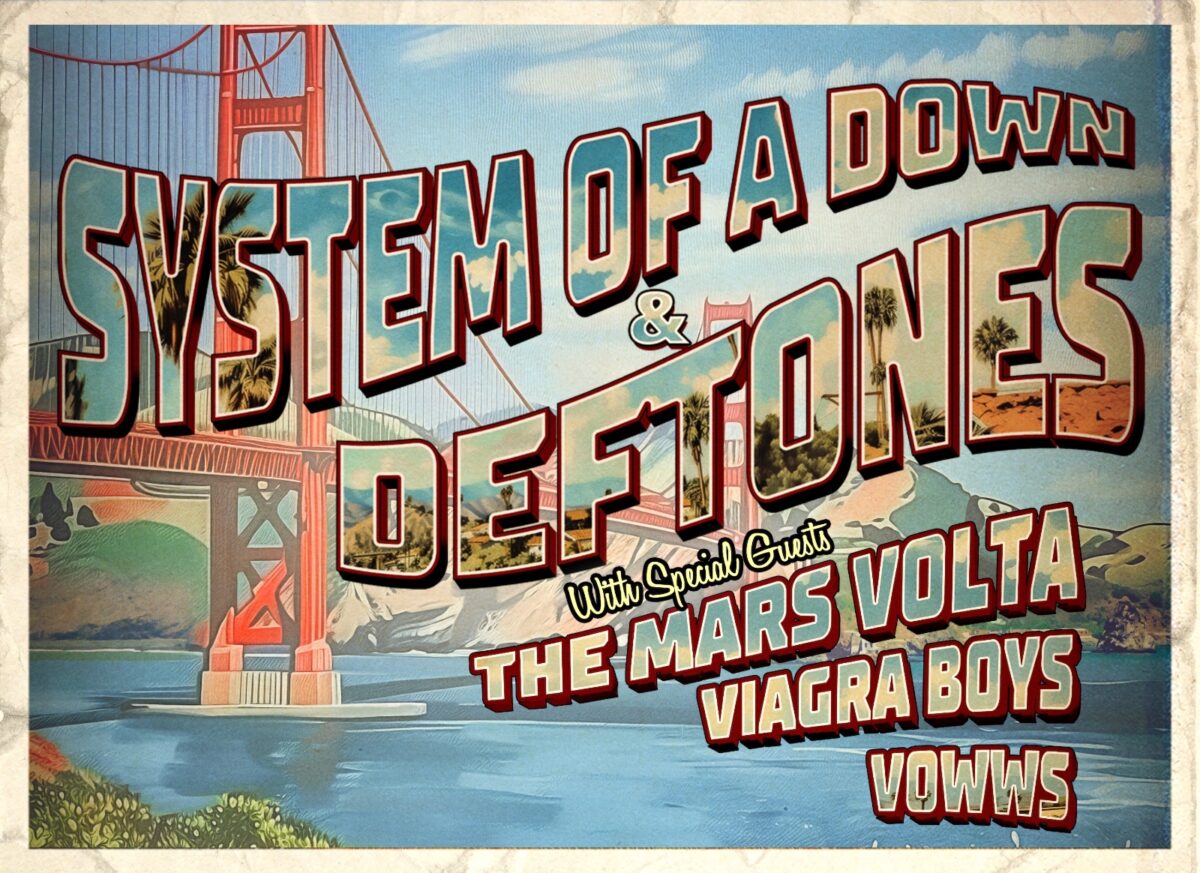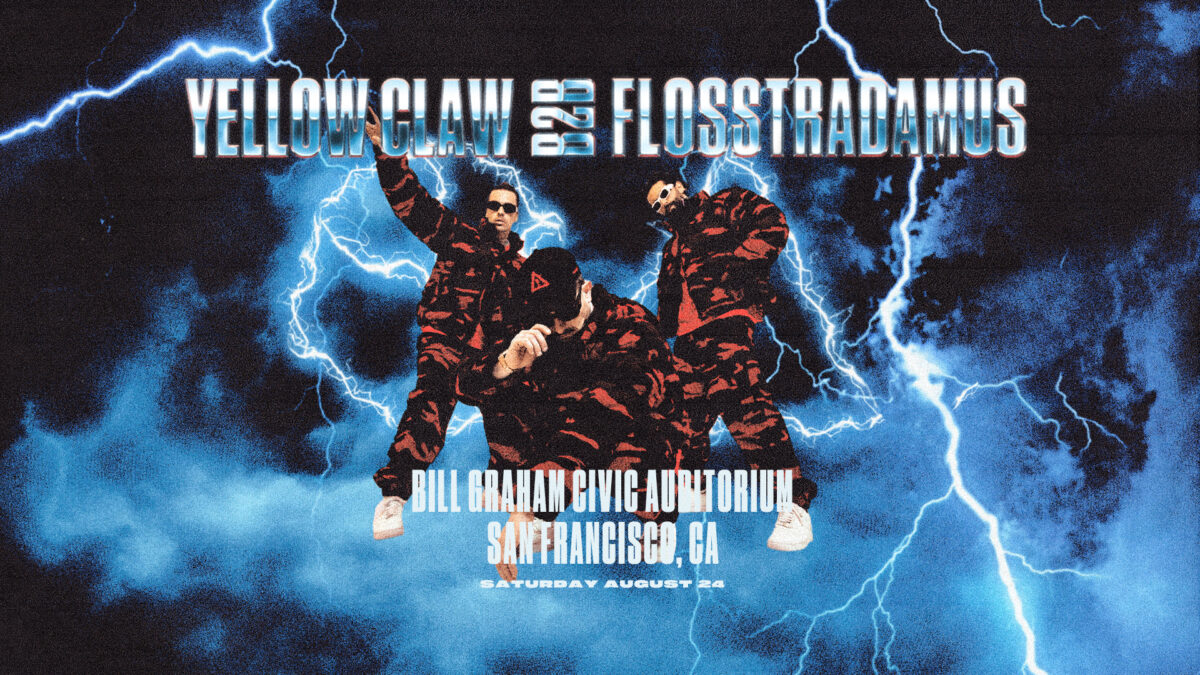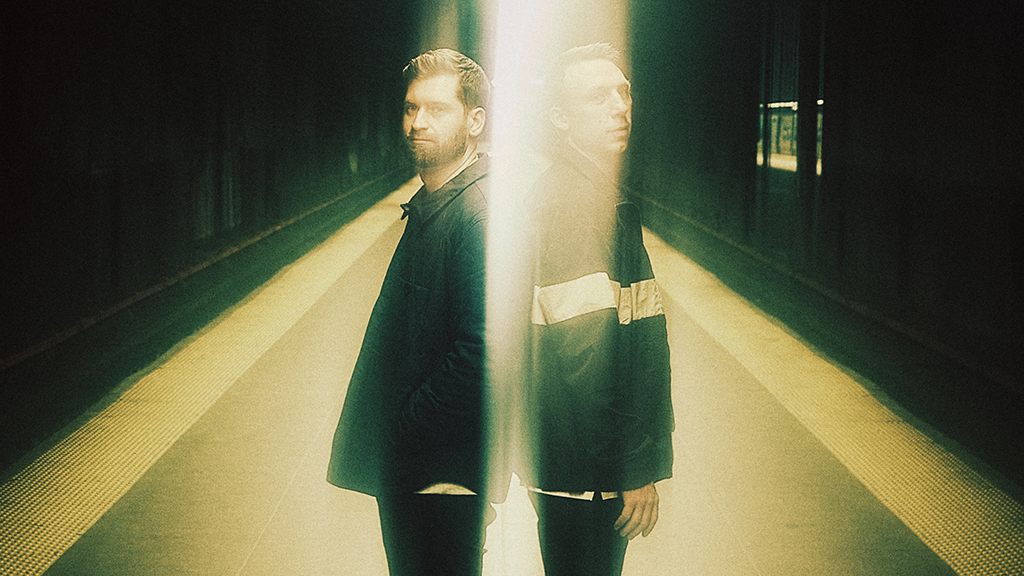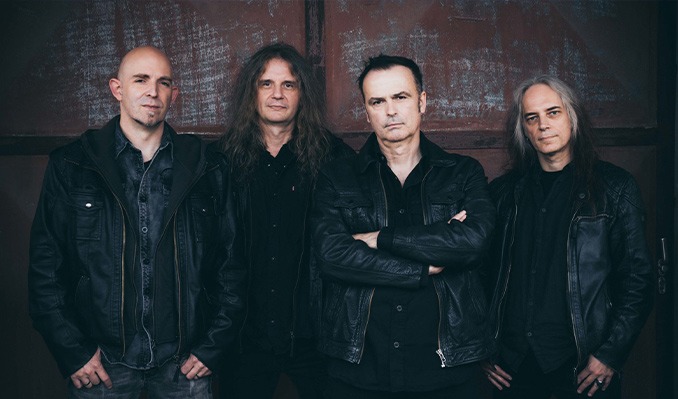Movie Review: ‘Lee Daniels’ The Butler’ Is A Sometimes Fascinating History Lesson
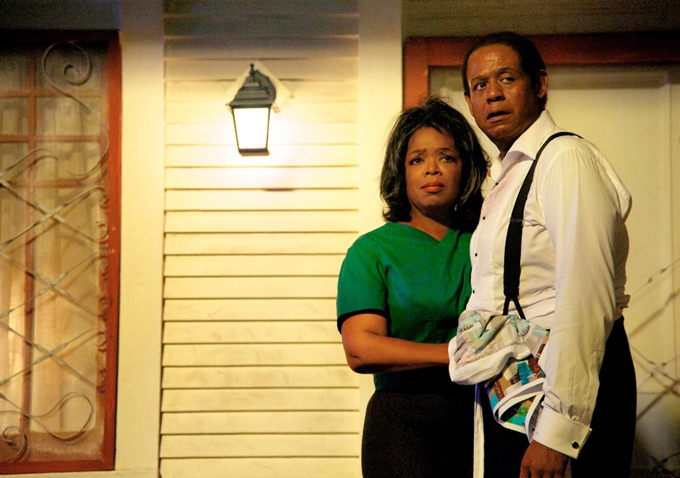
Lee Daniel’s The Butler — officially named as such due to a studio dispute over naming rights — attempts to do two things. First, and most prominently, is to expose the truth about the post-slavery struggle for equality in the black community, a.k.a. Civil Rights. And second, to tell a family drama that reflects, refracts, and revitalizes that struggle for equality. It does the former better than the latter, but where it really struggles is to combine both to become a coherent film.
A bit Forrest Gump, the story is based on the true story of a White House butler who was born on a cotton field but ended up serving under numerous Presidencies. Aside from that general description, much of the story is fictional. But this is a film, not a documentary. Forest Whitaker stupendously portrays Cecil Gaines whose only idea of success was to get out of the cotton fields he was born on and to live a normal life, providing for a normal family. Learning from a young age to be a house hand, he does eventually leave the farm in hopes of better opportunities. Of course, as a black man during the days of Jim Crow, his options are limited but his skills do open some doors, the biggest being those to the White House. He eventually starts a family with wife Gloria (Oprah Winfrey) and it’s mostly through his eldest son Louis (David Oyelowo) that the reality of the Civil Rights movement is seen.
It’s a simple case of generational divide with Cecil having learned to live, as he says, with “two faces” — one for the white man and one that’s true. When his son becomes involved in the early push for true equality it’s with that mentality, and also the protective eye of a father, that he disapproves of his son’s involvement. It’s not that he disagrees with the movement, obviously, he just objects to his son risking his life for it. It’s this piece that truly ties the film together, in what can otherwise become weighted down by bits of melodrama schmaltz and too much stunt casting (although the famous faces playing the various Presidents is undeniably fun). Cuba Gooding, Jr. (in arguably his best role in years), Lenny Kravitz, Terrence Howard, Ya Ya DaCosta, Mariah Carey, Alex Pettyfer and many more fill out the impressive cast, even if the better known can tend to dilute the gut impact Daniels wants to make.
What’s most unfortunate is that much of the scenes in the White House are actually the most superfluous. While Cecil does gain insight into each President, as he overhears how each sets out to handle the “black problem,” he’s, by vocation, a bystander. So the real meat of the film is his relationship with his son. It’s a clever way to manifest the struggle for equality through a tangible, narrative relationship that becomes strained and causes as much strife for the family as the Civil Rights movement does. And Daniels should also be praised for showing much restraint in what is, essentially, a message movie. His agenda is to tell the real depths of the struggle but through a film that’s ultimately poignant and uplifting which can, at times, rob the film of a deep impact but it also saves the audience from being hammered over the head for two hours. It’s a fine line to walk and while Daniels and writer Danny Strong don’t fully achieve it, they aren’t too far off the mark. And, really, it’s a story that can never be over told.
Rating: 3.5 out of 5



